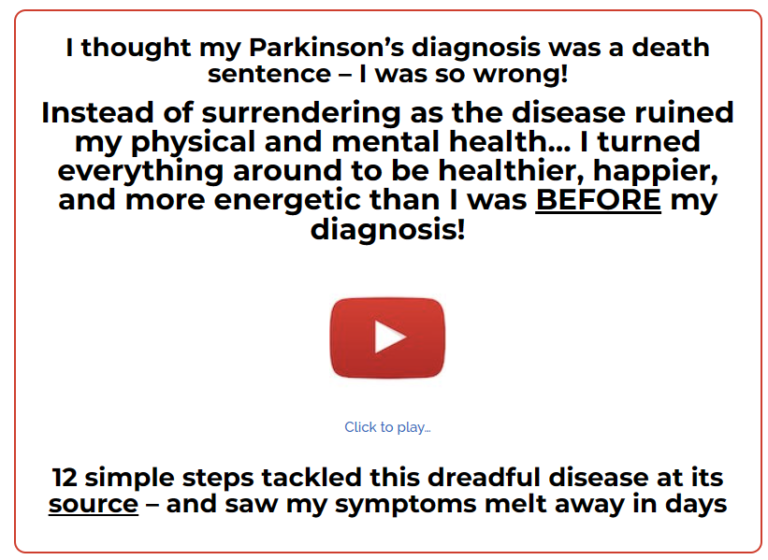Understanding Parkinson’s Disease: Parkinson’s disease primarily affects the central nervous system, disrupting the brain’s ability to produce dopamine, a neurotransmitter crucial for coordinating movement. Common symptoms include tremors, stiffness, bradykinesia (slowed movements), and postural instability. However, PD can also manifest non-motor symptoms such as depression, anxiety, sleep disturbances, and cognitive impairment.
The Parkinson’s Disease Protocol:
Early Diagnosis and Treatment:
Early detection is key to effectively managing PD. Regular check-ups and assessments by neurologists can facilitate early diagnosis, allowing for timely intervention.
Treatment typically involves medication to replenish dopamine levels or enhance its effectiveness in the brain. Physical therapy, occupational therapy, and speech therapy may also be recommended to address motor and non-motor symptoms.
Medication Management:
Several classes of medications are prescribed to alleviate PD symptoms, including levodopa, dopamine agonists, MAO-B inhibitors, and anticholinergics. Each medication has its own benefits and potential side effects, so individualized treatment plans are essential.
Adherence to medication schedules is crucial for symptom control. Patients should work closely with their healthcare team to adjust dosages and monitor for any adverse reactions.
